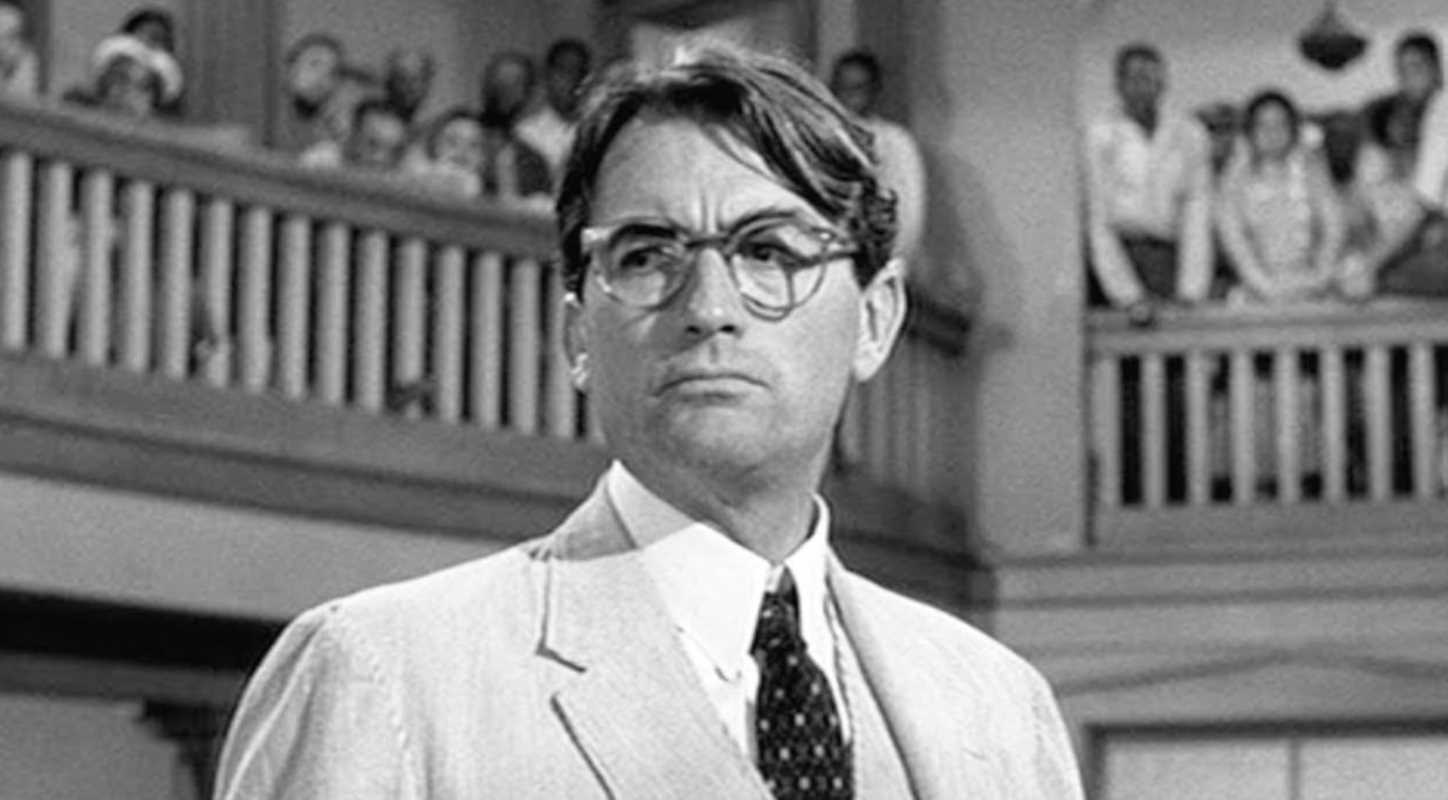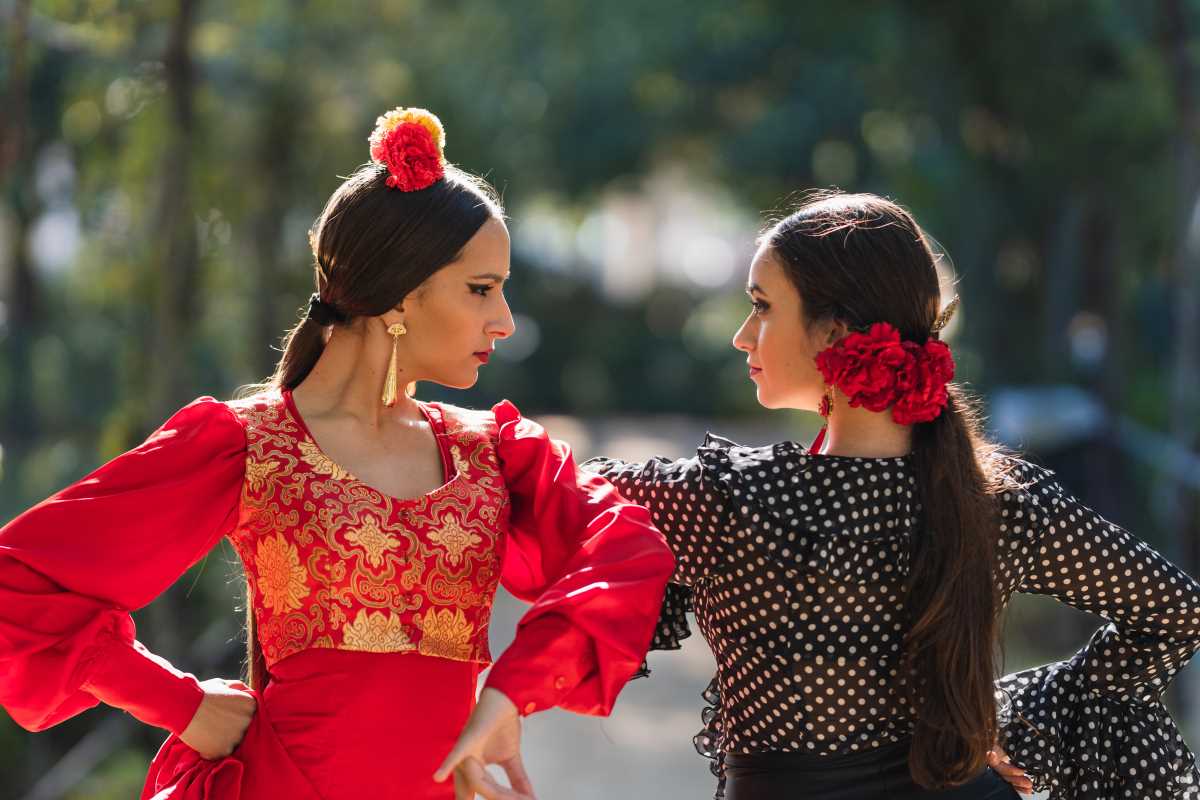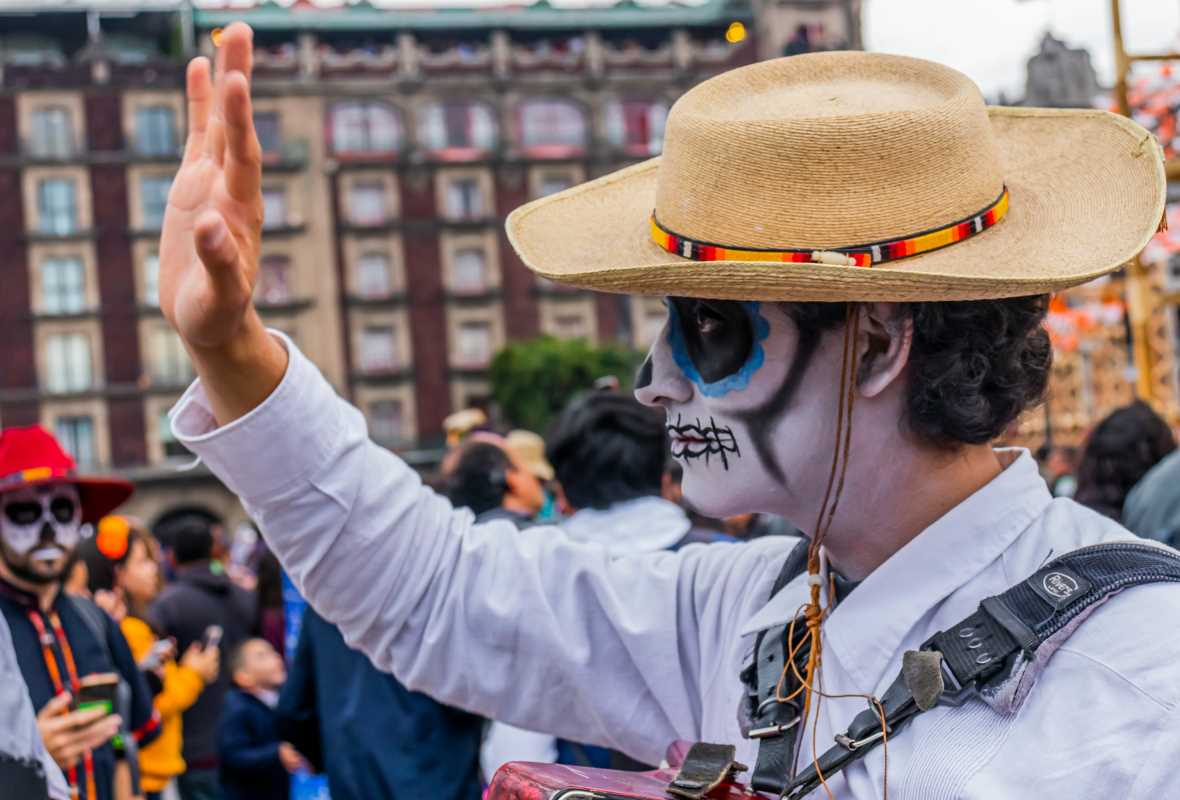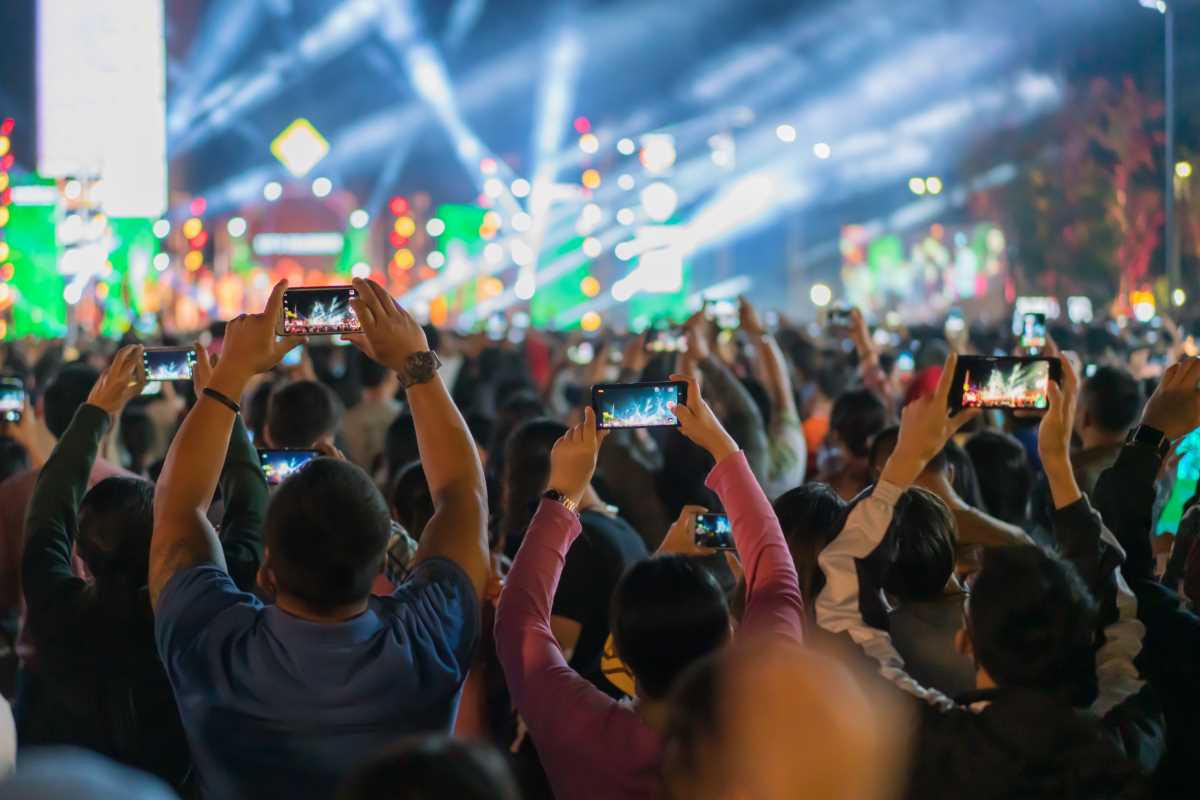Movies are more than just entertainment—they are a reflection of society and a catalyst for cultural change. Throughout history, iconic films have shaped perspectives, challenged societal norms, and inspired dialogue on a wide range of issues.
From the art of storytelling to the representation of diverse voices, cinema has played a central role in influencing the way we see ourselves and the world. Let’s explore how these films leave an enduring mark on our cultural landscape.
The Power of Storytelling in Film
At its core, storytelling is about capturing the human experience, and movies excel in this art form. Iconic films like Gone with the Wind and Schindler’s List illustrate how storytelling can immerse audiences in pivotal historical moments, offering both education and emotional resonance.
Gone with the Wind paints a complex picture of the American South during the Civil War and Reconstruction eras, while Schindler’s List presents a haunting depiction of the Holocaust.
These films go beyond mere narratives—they promote empathy by bringing history to life and allowing viewers to connect with the struggles, triumphs, and humanity of their characters. Through these stories, we gain a deeper understanding of the complexities of our shared history, and these lessons shape our collective cultural memory.
Representation and Diversity in Cinema
In recent years, the push for diversity and representation in film has gained momentum, reflecting broader societal calls for equity and inclusion. Movies like Black Panther and Crazy Rich Asians have been groundbreaking in challenging stereotypes and providing authentic portrayals of marginalized communities.
Black Panther not only became a cultural phenomenon but also celebrated African heritage and Black excellence in a genre often dominated by Western narratives. Similarly, Crazy Rich Asians spotlighted Asian culture and identity, offering a fresh perspective rarely seen in Hollywood. These films have sparked conversations about why representation matters and how seeing diverse stories on screen validates experiences, promotes inclusivity and reshapes cultural understanding.
- The ripple effects of these milestones extend beyond the cinema, influencing industries like fashion, music, and literature to embrace more diverse voices.
- Representation in film is no longer just about visibility—it’s about shifting societal norms and ensuring that everyone has a place in the narrative.
Addressing Social Issues Through Film
Movies have a unique ability to tackle difficult social issues in a way that resonates with audiences, driving awareness and action. Films like To Kill a Mockingbird and Philadelphia have used their platforms to confront racism and LGBTQ+ discrimination, respectively, challenging viewers to reflect on their own biases and values.
To Kill a Mockingbird, based on Harper Lee’s seminal novel, explores the racial injustices of the American South through the eyes of young Scout Finch and her father, Atticus. Its themes of morality, justice, and empathy continue to resonate today. Similarly, Philadelphia broke new ground in its portrayal of the struggles faced by people living with HIV/AIDS, bringing attention to the stigma and discrimination associated with the disease.
By humanizing complex issues and presenting them through compelling narratives, these films encourage audiences to empathize with others’ experiences. This ability to spark conversation and inspire societal change underscores the power of cinema as a tool for advocacy.
The Influence of Foreign Cinema
While Hollywood often dominates the conversation about influential films, foreign cinema plays an equally important role in shaping cultural perspectives. Movies like Parasite and Cinema Paradiso have gained global acclaim for their storytelling and ability to bridge cultural divides.
Bong Joon-ho’s Parasite is a masterful critique of social inequality, resonating with audiences worldwide despite its South Korean setting. Its universal themes of class struggle and ambition demonstrate that stories rooted in one culture can have profound relevance across others.
Similarly, Giuseppe Tornatore’s Cinema Paradiso offers a nostalgic look at the power of cinema through the lens of an Italian boy’s coming of age.
Foreign films challenge Western-centric narratives, broadening our understanding of different cultures. They invite viewers to appreciate diverse traditions, languages, and viewpoints, enriching the global conversation about what it means to be human.
The Legacy of Classic Films
Classic films like Casablanca and The Godfather continue to shape cultural perspectives decades after their release. These timeless works are celebrated not just for their artistry but also for their enduring themes that resonate across generations.
Casablanca explores themes of sacrifice, love, and resilience during World War II, becoming a symbol of hope in tumultuous times. Meanwhile, The Godfather offers a complex look at family, power, and morality, cementing its place as one of the most influential films in cinematic history. These classics inspire not only audiences but also filmmakers, who draw on their techniques and storytelling methods to create new works.
Their legacy reminds us that truly iconic films are not just products of their time—they transcend it. They continue to influence culture, shape societal values, and remind us of the universal truths that connect us.
Cinema’s Role in Cultural Dialogue
Movies don’t just reflect culture; they shape it. They have the power to influence attitudes, spark movements, and challenge the status quo. Films that address representation, social issues, and historical events push the boundaries of what stories are told and who gets to tell them.
As we continue to celebrate iconic films, we also recognize their role as cultural artifacts that document our evolving values and struggles. From the historical insights of Schindler’s List to the groundbreaking representation of Black Panther and the global resonance of Parasite, movies enrich our understanding of humanity and its diversity.
 (Image via
(Image via





